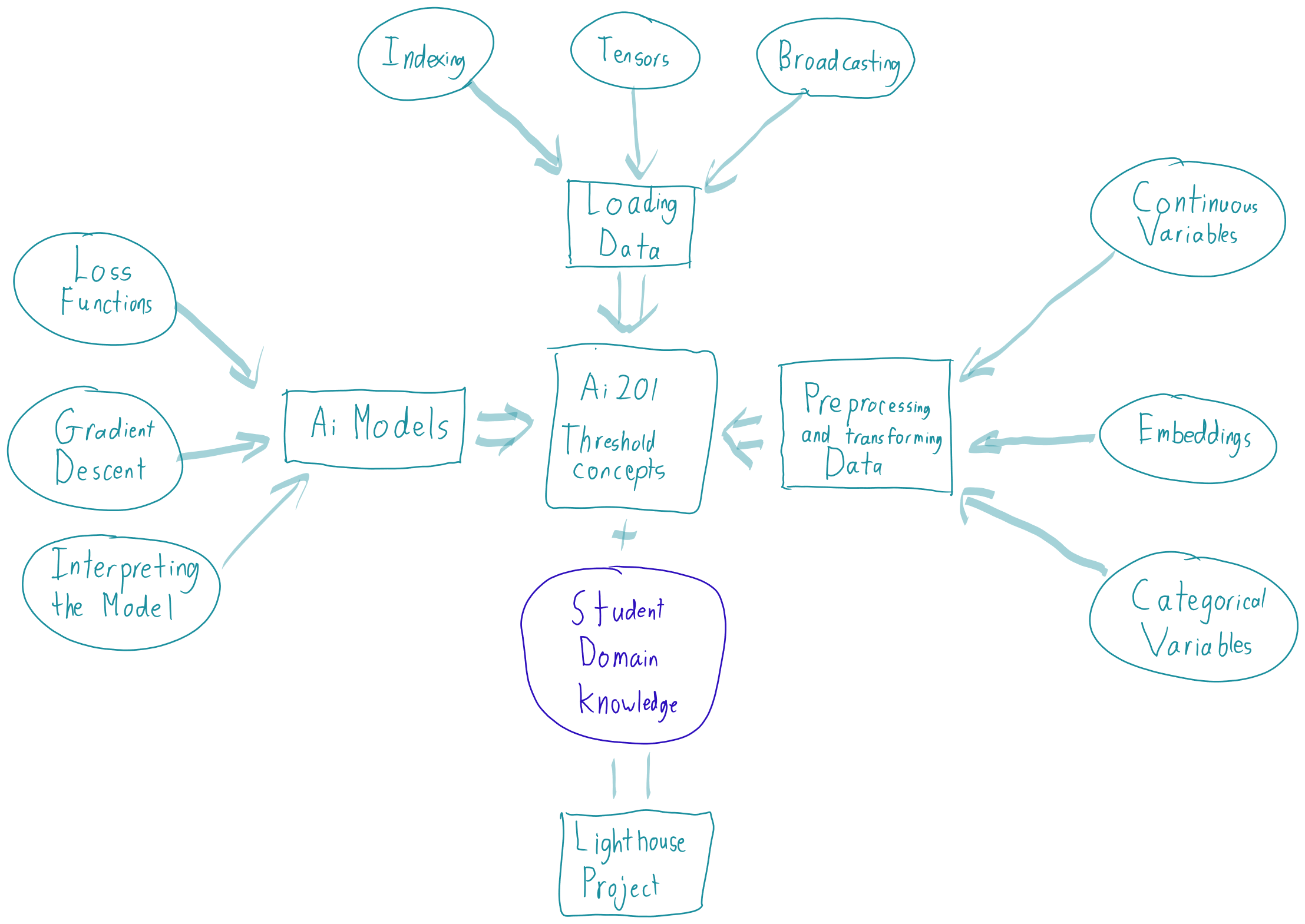🎉Congratulations on continuing your learning path to become a versatile AI Practitioner.
At unpackAI, we are strong believers in a top-down approach when it comes to learning technical
multi-disciplinary AI skills in order to give a completed picture of the current state-of-the-art and
how you can apply it to your personal needs or work. You might have recently completed DL101
and learned about machine learning use cases and built your first AI mini-projects. That was a
really good start to build up "I can do it" confidence and excitement about the possibilities of AI.
At the same time, you also encountered some limitations in exploring, buidling and validating
good AI projects, such as :
- data collection, data preparation and data quality issues
- scarcity of computing power to train big models on Colab or Kaggle
- and above all, your own limited coding skills and lack of strong technical foundation.
🔥🔥🔥That's why we invite you to take another BIG leap forward by joining your next adventure in harnessing artificial intelligence: DL201 Bootcamp with deep dive into working with data, data processing and building predictive models. Let's learn what the course is about :👇
Be able to build AI proof of a concept to demonstrate to a software developer what should be done in a production environment. You will be able to connect the dots between the business requirements and technical feasibility of the AI project.
- Be able to work with the most common data types to load, analyze and prepare them for
building predictive models. You will be able to parse images (jpg, png etc), text (pdf, word
etc), web pages (html, json) and convert them into data frames, a required step before
starting your ML experimentation.
- Be able to experiment with the most promising neural network architectures, traditional
ML algorithms and pretrained models to find out which one fits data best. You will able to
compare the results by understanding the mechanics of the model training and
evaluation.
- Be able to work with many python packages and ML and AutoML tools, e.g pandas,
numpy, pytorch, fast.ai, tai-chi, pycaret, unpackai and many more.
- Get familiar with the everyday techniques and skills of machine learning engineers and software developers, such as
check github repos for code, read documentation, google as a pro etc
- Become a contributor to unpackai's AutoML packages: unpackai and tai-chi that simplifies
the code and accelerates the development cycles of AI models. Unlock the opportunity to
become the mentor for DL101s to enable more business professionals to learn and apply
AIML.
| Week | Skills | Learning Content |
| 0 | Course deliverables and project setup |
|
| 1 | Data Loading and Exploratory Analysis |
|
| 2 | Data Preprocessing and Transformations |
|
| 3 | Algorithms and Model Training |
|
| 4 | Project Finalization |
|
| 5 | Graduation and Demo Day |
|
